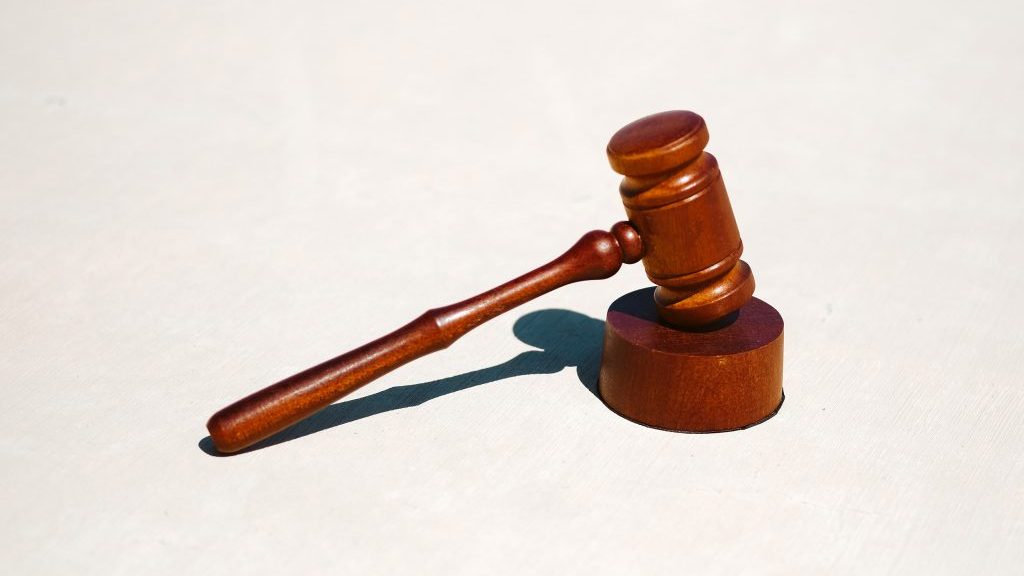Nordic Rule of Law Forum 2024

6 DECEMBER | STOCKHOLM, SWEDEN | INVITATION ONLY
2025 will mark the 75th anniversary of the adoption of the European Convention on Human Rights. As this milestone approaches, however, international human rights are under attack on several fronts. This year’s Nordic Rule of Law Forum will focus on the rule of law and states’ use of human rights to defend and justify their actions.
Europe has seen in recent years a growing number of far-right parties coming to power and the troubling rise of authoritarian tendencies. This, combined with an overarching trend of governments disregarding, or even blatantly ignoring, democratic oversight, both from national bodies as well as oversight by the European Court of Human Rights and other human rights bodies, as the governments implement policies that seek to dismantle national rule of law mechanisms and undermine the effectiveness of international treaties, has put human rights in a precarious situation. States are increasingly disregarding international human rights, dismissing them as one of various competing interests rather than as an obligation they are bound to uphold. When they are invoked, it is often to justify repressive policies that in fact infringe on rights by discursively reconstructing them as protecting human rights. Moreover, it is often minority communities who are disproportionately affected by these policies, which are often rooted in discrimination.
At the same time, the European Court of Human Rights has undergone a shift in its approach, increasingly focusing its judgments on a procedural review of domestic decisions, examining the quality of the domestic processes rather than the reasonableness of those decisions and their interpretation of the Convention. In doing so, the Court has put the primary responsibility for interpreting and protecting Convention rights on national courts and authorities – rather a problem when those same authorities seek to implement policies that undermine the effectiveness of international human rights mechanisms.
In this critical moment, without a sufficiently weighty international counterbalance, national priorities have free rein. Are existing human rights mechanisms sufficient to address these challenges? What if any developments within human rights law are needed to address the new world order? What can civil society do to confront these worrying trends and take a more proactive role in preventing democratic backsliding?
PANEL 1: The use of human rights as an instrument of the state: What is the pain and what is the gain?
In recent decades, civil society has forced states to become human rights actors – which is a social gain. But in a world where states are becoming increasingly authoritarian, it is also a pain. Human rights watchdogs have handed over authority to states to interpret treaties and in doing so, have diminished their own role as watchdogs. Governments now have the power to interpret international human rights law according to their own principles. When stop and search zones – which will disproportionately target ethnic minorities – are enacted under the guise of ensuring the right to private life for people belonging to ethnic minorities, what happens? We have seen police cite the UN Convention on the Rights of the Child to justify searches of children.
The panel in this session will be composed of researchers from the EU Commission-funded Horizon project HRJust coordinated by Göteborg University and will address how a human rights narrative has been used to justify infringement of human rights in the context of migration, the climate crisis, and COVID/global pandemics.
Panel 2: States of exception: Consolidating executive authority in a time of vulnerability
The global Covid-19 pandemic demonstrated the pressing need for legal frameworks that allow for national governments to act quickly in times of crisis. At the same time, state responses that disregarded rule of law standards and principles of non-discrimination to promote political interests or pushed through unpopular decrees showed the need to safeguard meaningful scrutiny of emergency measures so as to ensure that they are dutifully considered, absolutely necessary, and deferential to international human rights obligations.
In a recent example of proposed emergency measures, a Swedish government-appointed all-party committee commissioned to investigate the need to extend the government’s regulatory power in peacetime crises put forward a proposal that would grant the government authority to declare a state of emergency, transferring legislative power from parliament to the government. Proponents of the proposed legislation maintain that it will strengthen the government’s ability to respond quickly and effectively in times of crisis, while others have raised concerns about the risks to democracy and that fundamental civil and political rights could be suspended without appropriate due diligence.
This panel will consider state of emergency laws and the key factors that must be taken into account when balancing competing rights and interests during times of crisis. How should principles such as proportionality and subsidiarity be applied in the context of an emergency? As Europe faces new challenges and crises, meaningful consideration must be given to ensuring a balance between a government’s ability to act effectively and the need to protect individual human rights in a precarious moment in history.
PANEL 3: Reclaiming human rights: Towards a popular offensive
At a time when national governments are increasingly positioning themselves as explicit antagonists to international human rights and rule of law principles, it becomes all the more important for civil society actors to take up the mantle. Yet the sheer speed at which rights-infringing policies are being cranked out, combined with the overwhelming institutional and material advantage of their purveyors, has proven to be a daunting foe for an already resource-strapped civil society largely dependent on the voluntary contributions of activists. Instead of taking a proactive stance fighting for human rights or driving a human rights agenda, civil society has all too often found itself on the defensive, only ever reacting to negative developments and unable to escape from the politically generated narrative of fear. Engaging the general public in human rights issues has become increasingly difficult amidst record low trust in human rights as a meaningful avenue for enacting justice when they are obviously so easily set aside at the first inconvenience. Simultaneously, discrimination against often already-marginalized groups is greatly exacerbated by these rights-violating policies, further entrenching social divisions and compounding the challenges faced by civil society actors. This growing marginalization not only worsens existing inequalities but also undermines efforts to foster solidarity and build a more inclusive and just society.
How then can we reimagine the human rights framework as a more effective tool for justice when those responsible for its implementation are actively working to dismantle it? This panel will consider what is needed, as well as the opportunities that exist for cooperation between various actors. What strategies have proven effective to build and sustain a popular movement that works to protect the rights of all and makes it impossible for governments to shy away from their human rights obligations?

